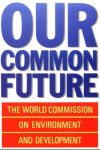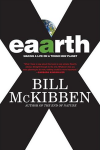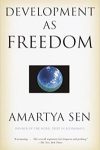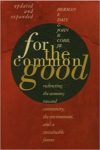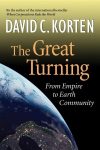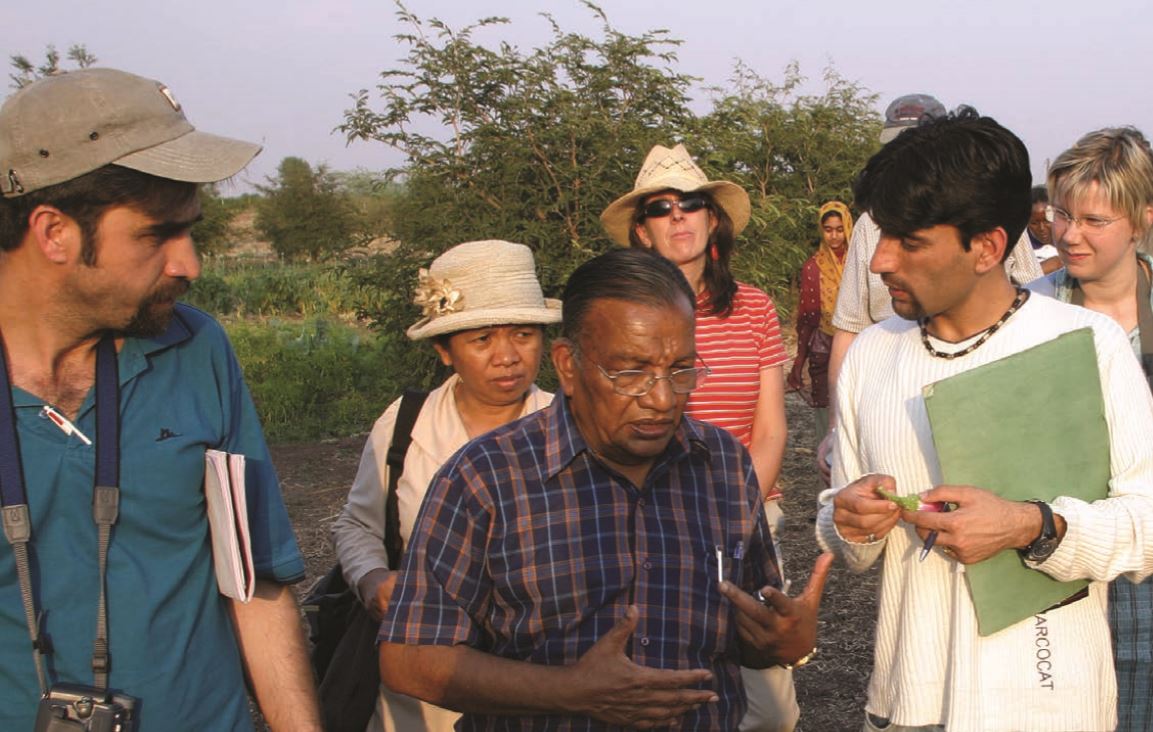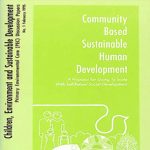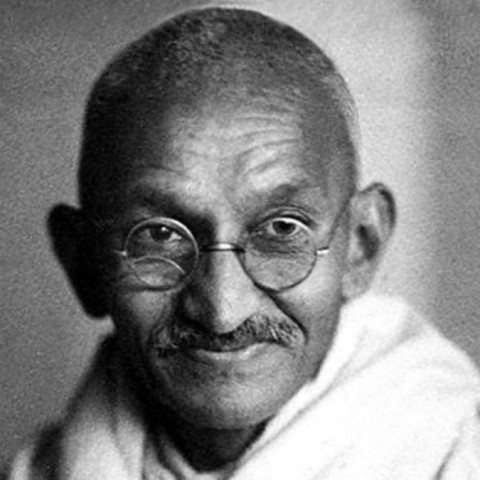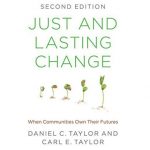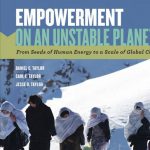Amartya Sen Development is Freedom (New York: Anchor Books, 1999)
From The Preface (page xi – xiii)
“And yet we also live in a world with remarkable deprivation, destitution and oppression. There are many new problems as well as old ones, including persistence of poverty and unfulfilled elementary needs, occurrence of famines and widespread hunger, violation of elementary political freedoms as well as of basic liberties, extensive neglect of the interests and agency of women, and worsening threats to our environment and to the sustainability of our economic and social lives. Many of these deprivations can be observed, in one form or another, in rich countries as well as poor ones.
Overcoming these problems is a central part of the exercise of development. We have to recognize, it is argued here, the role of freedoms of different kinds in countering these afflications. Indeed, individual agency is, ultimately, central to addressing these deprivations. On the other hand, the freedom of agency that we individually have is inescapably qualified and constrained by the social, political and economic opportunities that are available to us….
“Expansion of freedom is viewed, in this approach, both as the primary end and as the principal means of development. Development consists of the removal of various types of unfreedoms that leave people with little choice and little opportunity of exercising their reasoned agency….
“This work outlines the need for an integrated analysis of economic, social and political activities, involving a variety of institutions and many interactive agencies. It concentrates particularly on the roles and interconnections between certain crucial instrumental freedoms, including economic opportunities, political freedoms, social facilities, transparency guarantees, and political security. Societal arrangements, involving many institutions the state, the market, the legal system, political parties, the media, public interest groups, and public discussion forums, among others) are investigated in terms of their contribution to enhancing and guaranteeing the substantive freedoms of individuals, seen as active agents of change, rather than as passive recipients of dispensed benefits.”
From the Introduction (pages 3 – 4)
“Development can be seen, it is argued here, as a process of expanding the real freedoms that people enjoy. Focusing on human freedoms contrasts with narrower views of development, such as identifying development with the growth of gross national product, or with the rise in personal incomes, or with industrialization, or with technological advance, or with social modernization. Growth of GNP or of individual incomes can, of course, be very important as means to expanding the freedoms enjoyed by the members of the society. But freedoms depend also on other determinants, such as social and economic arrangements (for example, facilities for education and health care) as well as political and civil rights (for example, the liberty to participate in public discussion and scrutiny). Similarly, industrialization or technological progress or social modernization can substantially contribute to expanding human freedoms, but freedom depends on other influences as well. If freedom is what development advances, then there is a major argument for concentrating on that overarching objective, rather than on some particular means, or some specially chosen list of instruments. Viewing development in terms of expanding substantive freedoms directs attention to the ends that make development important, rather than merely to some of the means that, inter alia, play a prominent part in the process.
Development requires the removal of major sources of unfreedom: poverty as well as tyranny, poor economic opportunities as well as systematic social deprivation, neglect of public facilities as well as intolerance or overactivity or repressive states. Despite unprecedented increases in overall opulence, the contemporary world denies elementary freedoms to vast numbers—perhaps even the majority—of people. Sometimes the lack of substantive freedoms relates directly to economic poverty, which robs people of the freedom to satisfy hunger or to achieve sufficient nutrition, or to obtain remedies for treatable illnesses, or the opportunity to be adequately clothed or sheltered, or to enjoy clean water or sanitary facilities. In other cases the unfreedom links closely to the lack of public facilities and social care, such as the absence of epidemiological programs, or of organized arrangements for health care or educational facilities, or of effective institutions for the maintenance of local peace and order. In still other cases, the violation of freedom results directly from a denial of political and civil liberties by authoritarian regimes and from imposed restrictions on the freedom to participate in the social, political and economic life of the community.”
From Chapter 12 (page 292 – 293)
“I must also briefly discuss another relation which invites a comment, to wit, the relation between the literature on “human capital” and the focus in this work on “human capability” as an expression of freedom. In contemporary economic analysis the emphasis has, to a considerable extent, shifted from seeing capital accumulation in primarily physical terms to viewing it as a process in which the productive quality of human beings is integrally involved. For example, through education, learning, and skill formation, people can become much more productive over time, and this contributes greatly to the process of economic expansion….
“How does this shift relate to the view of development—development as freedom—presented in this book? More particularly, what, we may ask, is the connection between “human capital” orientation and the emphasis on “human capability” with which this study has been much concerned? Both seem to place humanity at the center of attention, but do they have differences as well as some congruence? At the risk of some oversimplification, it can be said that the literature on human capital tends to concentrate on the agency of human beings in augmenting production possibilities. The perspective of human capability focuses, on the other hand, on the ability—the substantive freedom—of people to lead the lives they have reason to value and to enhance the real choices they have. The two perspectives cannot be but related.”


